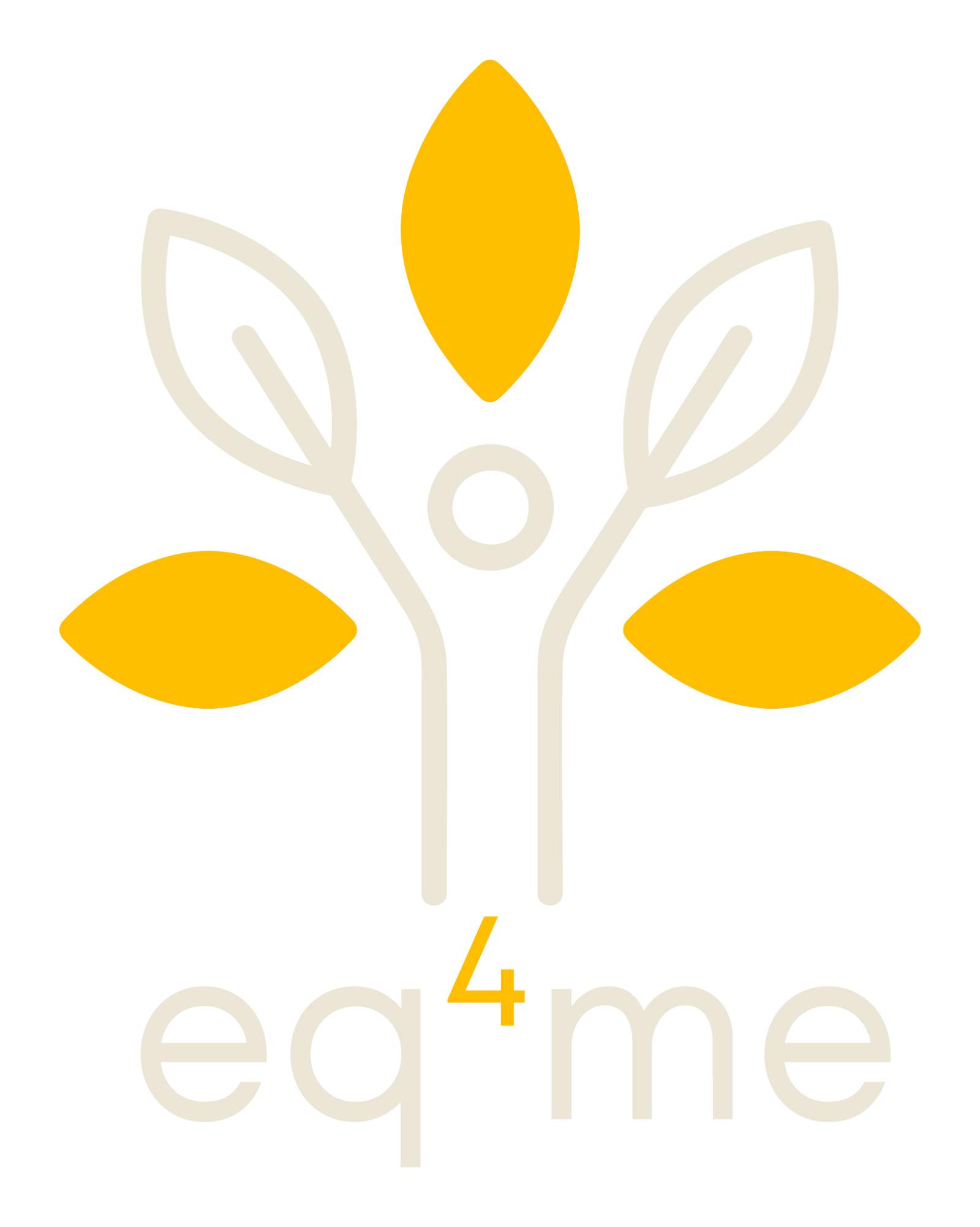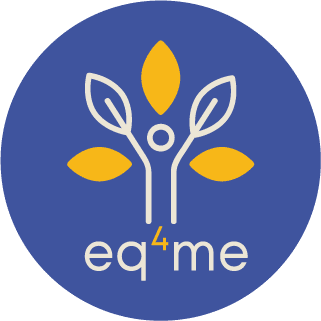Have you ever held onto resentment so tightly that it felt like a weight on your soul? It’s no secret that unforgiveness can be a prison, keeping us bound to pain, anger, and hurt. But what if I told you that forgiveness isn’t about letting someone else off the hook—it’s about setting yourself free?
What Happens in the Brain When You Forgive
Forgiveness is not just a moral or spiritual act; it has a profound impact on your brain and body. Neuroscience reveals that when we hold onto grudges, our amygdala—the brain’s emotional threat detector—remains on high alert, triggering stress responses. This prolonged activation leads to increased cortisol levels, which can cause anxiety, depression, and even physical health issues like high blood pressure and weakened immunity.
However, when we choose to forgive, something remarkable happens. Studies using fMRI scans show that the prefrontal cortex—the rational, decision-making part of the brain—activates and helps regulate emotional responses. Simultaneously, the release of oxytocin (the “love hormone”) and serotonin (the “feel-good” neurotransmitter) fosters a sense of peace and emotional well-being. In other words, forgiveness is a powerful neurobiological reset button that shifts us from survival mode into healing and growth.
How Emotional Intelligence Supports the Process of Forgiveness
Forgiveness isn’t just an act of letting go—it’s a process, often complex, that requires self-reflection, regulation of emotions, and an ability to see beyond the immediate pain. This is where emotional intelligence (EQ) becomes a game-changer. By actively practicing the five core modalities of EQ—self-awareness, self-management, social awareness, relationship management, and self-motivation—you create a mental and emotional framework that allows forgiveness to unfold naturally.
Self-Awareness: Understanding Your Emotional Landscape
Forgiveness begins with self-awareness. You have to acknowledge and understand the emotions triggered by the offence—anger, hurt, betrayal, disappointment. Often, people either suppress these feelings or let them spiral into resentment. Neither approach is healthy.
By practicing self-awareness, you develop the ability to name what you’re feeling without being consumed by it. You start to notice patterns—maybe this offence tapped into an old wound, or perhaps it challenges a deeply held belief. Awareness is power. When you recognize the root of your emotions, you can process them with clarity rather than react impulsively.
Self-Management: Regulating Emotions and Responses
Once you’re aware of your emotions, the next step is self-management. This is about consciously choosing your response rather than letting emotions dictate your actions. It’s natural to want justice, revenge, or to withdraw completely, but self-management helps you pause, breathe, and decide what serves you best in the long run.
Forgiveness doesn’t mean excusing bad behaviour or forgetting what happened. It means choosing not to let it control you. By regulating your emotions—whether through mindfulness, journaling, or shifting perspective—you create the emotional space needed to work through pain without being trapped by it.
Social Awareness: Seeing the Bigger Picture
Social awareness, or empathy, plays a crucial role in the forgiveness process. It’s about looking beyond your personal hurt and understanding the other person’s perspective. This doesn’t mean justifying their actions, but it does mean recognizing that people act out of their own pain, insecurities, or limitations.
By strengthening social awareness, you begin to see the offender not just as someone who wronged you, but as a complex human being with their own struggles. This perspective shift can lessen the emotional charge around the offence and make room for compassion, which is a key ingredient in genuine forgiveness.
Relationship Management: Navigating the Path Forward
Forgiveness doesn’t always mean reconciling with the person who hurt you, but if you choose to maintain the relationship—whether personal or professional—relationship management skills are essential. Effective communication, boundary-setting, and conflict resolution are all part of this process.
For example, if a colleague betrayed your trust, you may forgive them but also set clear expectations moving forward. If a loved one hurt you, you might need to have an open, honest conversation about how their actions impacted you and what needs to change for the relationship to heal. Relationship management allows forgiveness to be a conscious choice rather than an obligation.
Self-Motivation: Committing to Your Emotional Freedom
Forgiveness is not always a one-time decision; it’s a journey that requires self-motivation. There will be moments when old wounds resurface, when you feel justified in holding on to resentment. But self-motivation helps you stay committed to your own peace and emotional well-being.
By keeping your focus on personal growth, healing, and moving forward, you remind yourself that forgiveness is not about the other person—it’s about setting yourself free. It’s about reclaiming your energy from a past event so you can invest it into your present and future.
Emotional intelligence doesn’t just make forgiveness possible—it makes it easier and healthier. It equips you with the tools to process emotions effectively, gain perspective, and make choices that align with your highest self. When you integrate these five EQ modalities into your forgiveness journey, you transform it from an emotional burden into a powerful act of self-liberation.
Breaking Free: The Three Dimensions of Forgiveness
True freedom comes from going all in on forgiveness in 3 ways!
Forgiving Yourself:
Self-blame and guilt can be just as toxic as resentment toward others. Recognizing that you are worthy of grace and forgiveness allows you to step into your full potential with confidence and freedom.
Forgiving the Person:
This does not mean condoning their actions but choosing to no longer be held hostage by their behaviour. It’s about letting go of grievances and regaining control of your own mind and emotional wellbeing.
Asking God to forgive You for Your Non-forgiveness (if you are a believer):
For believers this is a very real and powerful process of repentance and cleansing of the sin of non-forgiveness and a literal shedding of the pain of anger, hatred, bitterness, shame, and any other emotions that are associated with the wounding.
In my EQ training and coaching practice, I have seen more wounds healed by people who seek out God’s help to forgive others and be forgiven themselves.
The Chains That Forgiveness Breaks
People who have faced abandonment, rejection, and abuse often struggle with internalized beliefs of unworthiness, self-doubt, and fear. Holding onto these wounds manifests as:
Hatred and Bitterness: These emotions may feel justified but ultimately erode inner peace.
Low Self-Esteem: Unforgiveness often reinforces the false belief that we are not enough.
Self-Sabotage: Holding onto past pain can lead us to unconsciously recreate toxic patterns in our present, which can be detrimental to our relationships and careers.
By choosing forgiveness, we break these chains. We step into healing, self-love, and the power to create the life we truly deserve. Forgiveness is not just an act of grace—it’s an act of self-liberation. And the greatest freedom of all is the ability to live without the weight of the past holding you down.
Are you ready to set yourself free?




